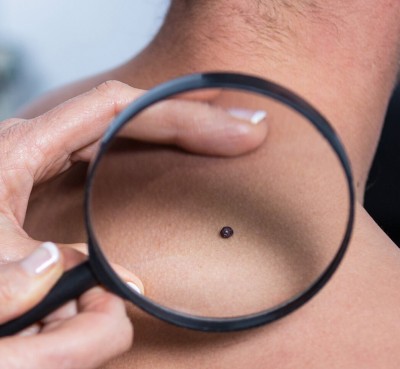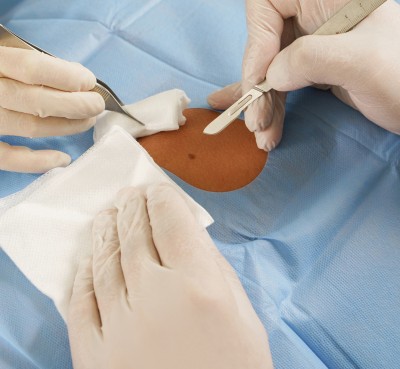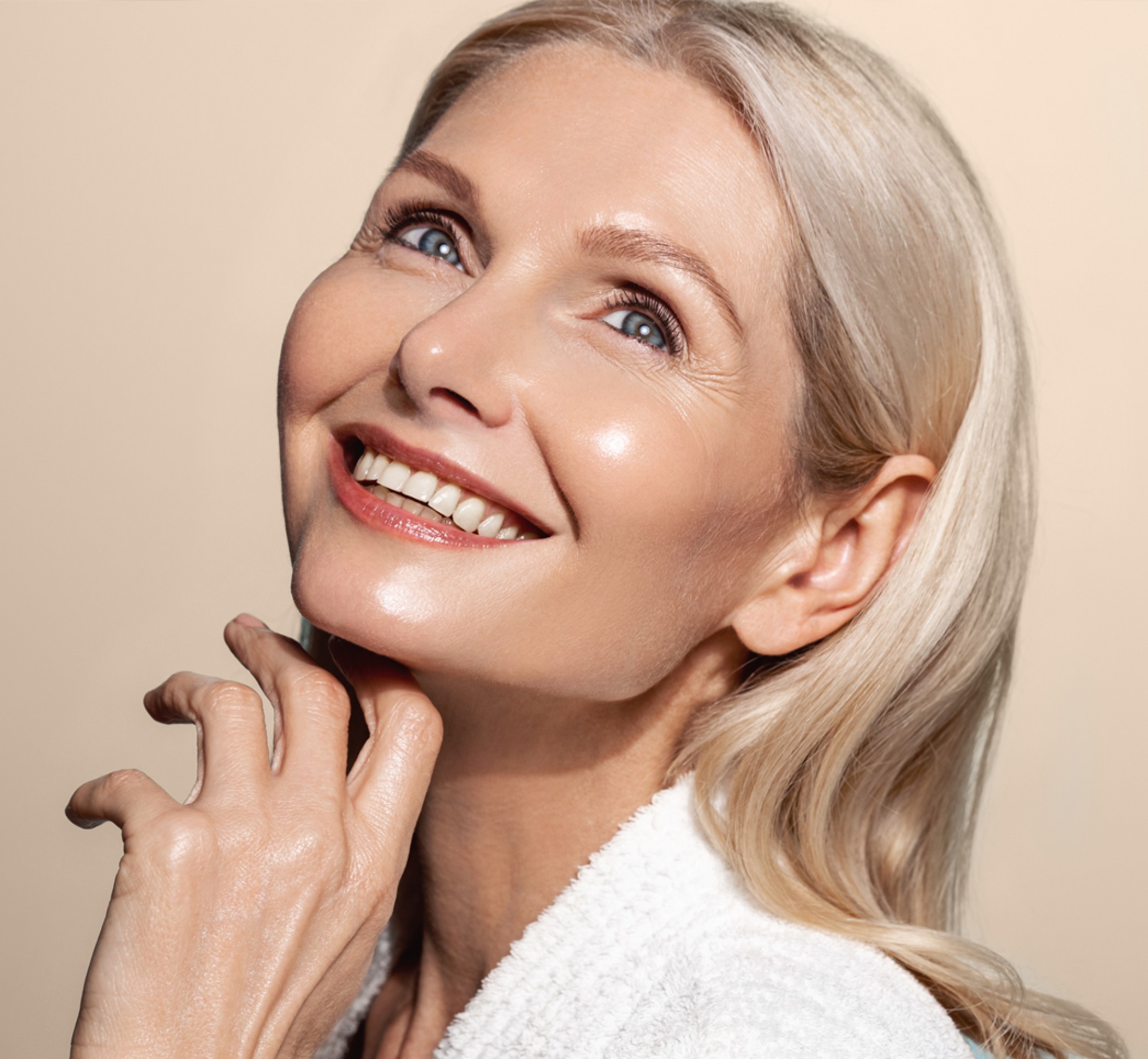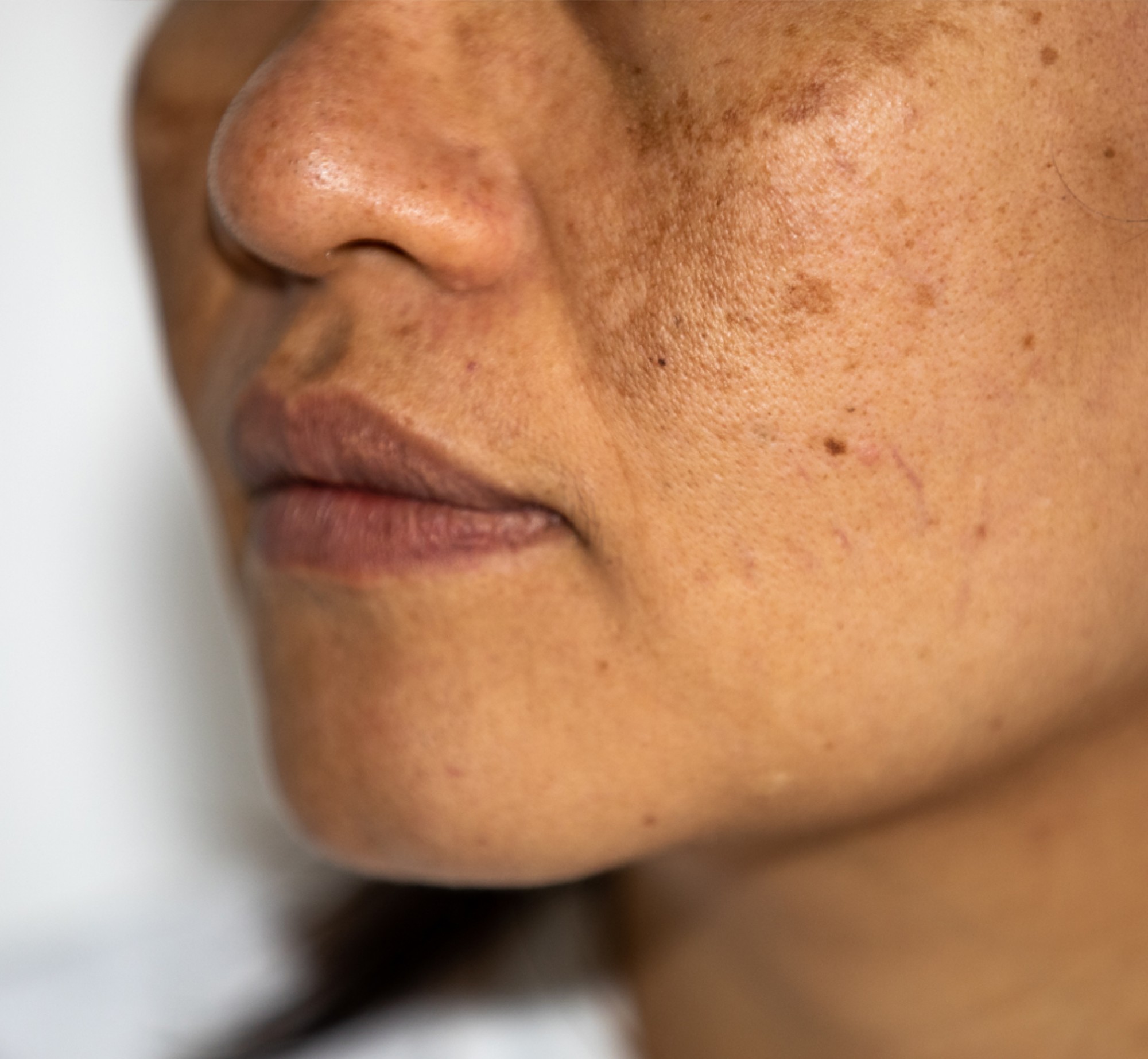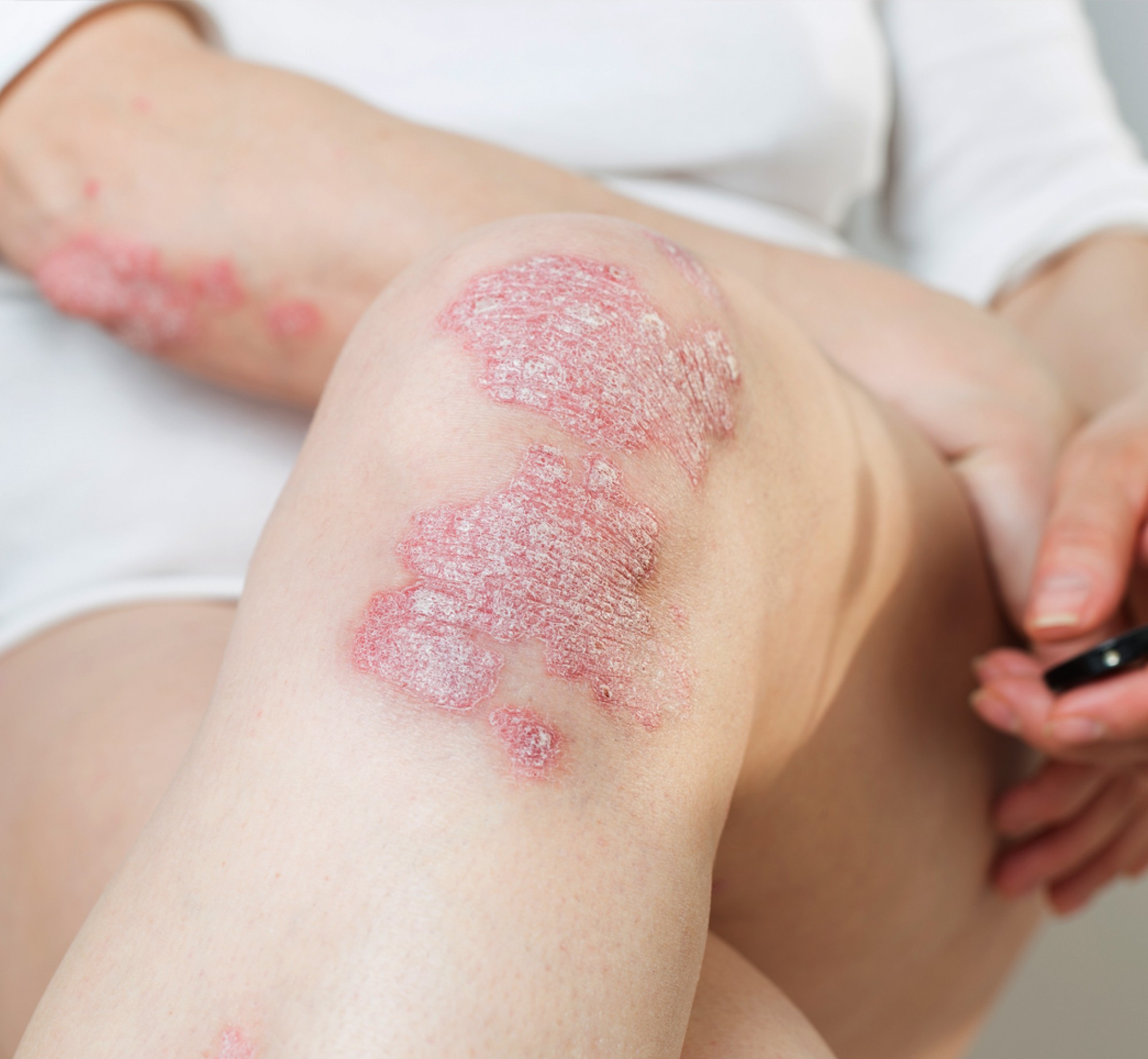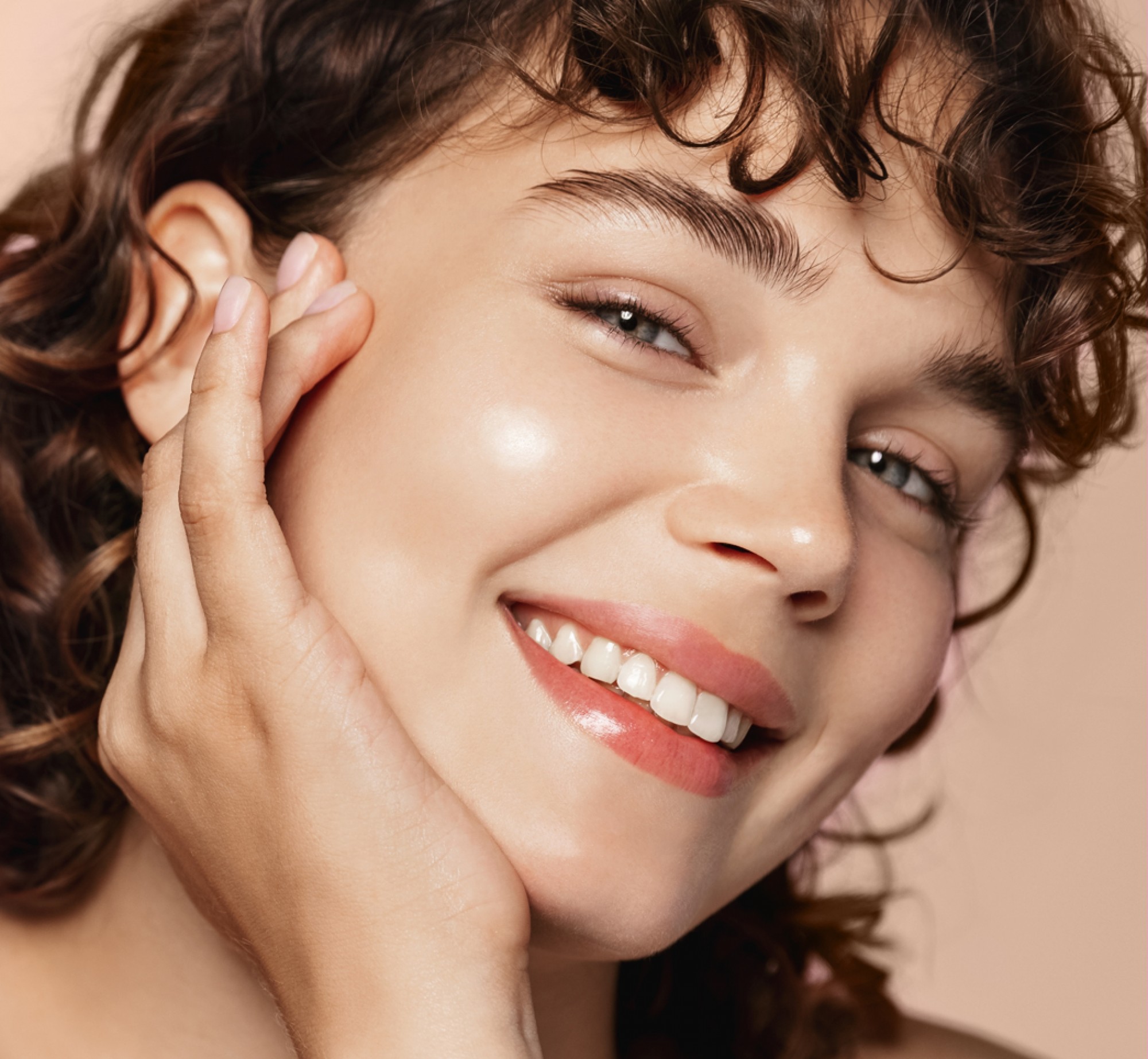The Blog
- Acne
- Maskne
- Melasma
- Pigmentation
- Hyperpigmentation
- Eczema
- Covid-19
- Rashes
- Covid-19 Vaccine
- Fillers
- Scars
- Botox
- Neurotoxins
- Skin
- Rosacea
- Seborrhea
- Anti-aging
- Skin Cancer
- Chemical Peels
- Allergies
- Infection
- Skin Tags
- Medical Care
- Dry Skin
- Skin Care
- Skin Care Tips
- Acne
- psoriasis
- Dandruff
- Impetigo
- Hair
- Intertrigo

Becoming pregnant was one of the most exciting times of my life! But as you can imagine (coming from a dermatology PA), one of my first thoughts was, "Uh oh! How am I going to live without my nightly retinol??!”. My skincare routine definitely needed some adjustments" After a little research and talking with some of my dermatology associates, I was right back on a routine to keep my skin healthy, hydrated and of course, always fighting those pesky fine lines.
In general, during pregnancy, you want to avoid anything that can affect the growing baby inside you. This seems somewhat obvious, but this means avoiding any products that are known to cause harm to the baby OR that can cross through the placenta to reach the baby. It is a common misconception that this only refers to medications you ingest, inject or take by mouth. However, products you put on your skin, YES topicals, do have the ability to transfer into the bloodstream and potentially harm your unborn baby. So in this blog article, we will explore all the items that are must-haves during pregnancy and all the items that you must avoid.
Must-Haves
Mineral Sunscreen:
As always, sunscreen needs to be part of your daily skin care routine. During pregnancy, you want to avoid any chemical-based sunscreens and only use mineral (aka physical) sunscreens. Mineral sunscreens create a barrier on top of your skin, while chemical sunscreens absorb into your skin and absorb harmful UV rays.
This means you must look under the “active ingredients” section of your sunscreen bottle and make sure the only listed ingredients are Zinc Oxide and/or Titanium Dioxide.
Any other ingredients are considered chemical sunscreens and must be avoided during pregnancy. Chemical sunscreens include oxybenzone, avobenzone, octisalate, octocrylene, homosalate, octinoxate.
FOR FACE
• Isdin Eryfotona Actinica Sunscreen SPF 50 Tinted or Regular CeraVe Hydrating Mineral • • Lotion Sunscreen, SPF 30 or 50, Tinted or Regular
• La Roche-Posay Anthelios 50 Mineral Sunscreen Tinted for Face, Ultra-Light Fluid SPF 50 with Antioxidants
FOR BODY
• COOLA Fragrance-Free Mineral Body Sunscreen Lotion SPF 50
• Sun Bum Mineral Spray Sunscreen
• Babo Botanicals Sheer Zinc Continuous Spray Sunscreen SPF 30 or SPF 50
Azelaic Acid:
Azelaic acid is a go-to for pregnant women! It is pregnancy category B, and considered safe to use during pregnancy and breastfeeding. It is one of my favorite products to prescribe as a dermatology PA for many patients. It is a very versatile ingredient that is used for many different conditions including acne and melasma. Both acne and melasma are very common during pregnancy and using this product 1-2 times per day can help control and prevent these unwanted side effects of pregnancy. In addition, this product has mild anti-aging and brightening effects for your skin.
Azelaic Acid 15% and 20% are available as a prescription, or for more mild effects you can use an OTC azelaic acid at lower strengths.
OTC Options include:
• Paula’s Choice Azelaic Acid 10%
• The Ordinary Azelaic Acid 10%
Bakuchiol:
Bakuchiol is an antioxidant derived from the Babchi plant. This ingredient has recently been touted as the new and natural alternative to retinol, BUT without causing sensitivity and irritation like retinoids can. It has been shown to have similar effectiveness to retinol in terms of wrinkle reduction, increasing skin firmness, and evening skin tone. The best thing about this product is that it generally does not irritate the skin, it does not increase your skin sensitivity to the sun, and it actually works to calm the skin.
My favorite Bakuchiol product is Isdin Melatonik Revovery Night Serum, which also contains vitamin C and melatonin.
Vitamin C:
Topical Vitamin C is a great add-on to any skin care routine. Most women already have some form of vitamin c in their daily routine long before pregnancy comes around but the great news is that you can keep this going throughout your entire pregnancy and beyond.
Vitamin C is an antioxidant that helps to fight Hyperpigmentation, and minimizes the appearance of fine lines and wrinkles. I usually recommend layering this serum in the morning underneath a good sunscreen.
My favorite OTC options:
• CeraVe Vitamin C Serum (10%)
• La Roche-Posay Vitamin C Serum (10%)
Glycolic Acid:
Glycolic Acid is another great option to have in your skin care routine all year round. It is an alpha-hydroxy acid with tons of benefits for your skin. It acts as a gentle exfoliant which in turn brightens skin and minimizes the look of hyperpigmentation. It also works to stimulate collagen production which gives skin a nice plump texture and minimizes the appearance of fine lines and wrinkles. It also helps to fight off and prevent acne, which pregnant women are so prone to!
You can incorporate glycolic acid into your routine in many different ways. If you are more sensitive, try a glycolic acid cleanser 2-3 times per week. If your skin is more resilient, you can even try an at-home glycolic acid peel once a month or even increase it to once every other week if you are tolerating well.
As is the case with many of these products it must be combined with a daily SPF as it can increase your skin’s sensitivity to the sun.
My favorite OTC options:
• Glytone Mild Gel Cleanser
• Biopelle Glycolic Acid Exfoliating Home Peel
These ingredients listed above are all great options to incorporate into your daily routine to fight the common problems that most pregnant women deal with. However, if you are still struggling with stubborn acne or hyperpigmentation and these OTC products aren’t doing the trick, make sure to check in with us for an appointment, we will advise you about pregnancy-friendly options.
MUST AVOID
Retinoids:
First and foremost, retinoids of any kind are not to be used during pregnancy. This includes topical retinol which is in numerous otc anti-aging products, or prescription topicals like Tazorac, tretinoin, Retin-A, among many others. While there has not been evidence to suggest that topical retinoids can cause harm to the unborn baby, there are well-documented negative adverse effects when it comes to orally ingested retinoids. These have been associated with a condition called “fetal retinoid syndrome” which is a pattern of physical and mental birth defects that arise as a direct result of oral retinoid use. If you are unsure if your night cream contains retinol make sure you check the entire ingredients label or check with your dermatologist.
Salicylic Acid:
Salicylic acid during pregnancy is somewhat controversial. The general rule of thumb is that it is okay to use during pregnancy as long as the percentage is 2% or less, and if the application time to your skin is low, i.e. quick rinse with your cleanser and wash off quickly.
The reason is that higher strengths of salicylic acid and longer application times will increase the risk of salicylic acid being absorbed into your bloodstream. When high levels are absorbed into the bloodstream this can cause a condition called salicylism. This is a toxic syndrome that leads to nausea, dizziness, tinnitus (aka ringing in your ears), coma, and even death. The concern is that during pregnancy, if this ingredient can cross the placenta this could cause salicylism in your baby and obviously, we want to avoid that possibility.
So, in general, when possible try to avoid salicylic acid entirely and instead opt for glycolic acid which has similar benefits for your skin.
Hydroquinone:
This ingredient is used to lighten hyperpigmentation. It may be very tempting for patients with stubborn melasma to use this product, but it is best to wait until after pregnancy and breastfeeding as hydroquinone does have a higher rate of absorption into the skin versus other topical products.
Benzoyl peroxide:
This is another somewhat controversial ingredient. Some authorities do consider it okay to use as long as it is used in low percentages and for contact time on your skin. It is a wonderful acne-fighting ingredient. But in general, if you have other pregnancy-safe options (see list above) it is always best to try those first.
Chemical Sunscreens:
Always choose mineral sunscreens and hold off on chemical sunscreens while pregnant and breastfeeding (see discussion above).
While this is not a comprehensive list of ingredients, these are probably the most commonly used products that are available OTC for the treatment of common skin care problems during pregnancy. As always, if you have a specific concern or question about your skin that you feel is not being controlled with these OTC options, it is best to make an appointment with us to find your perfect and safe solution while pregnant.




